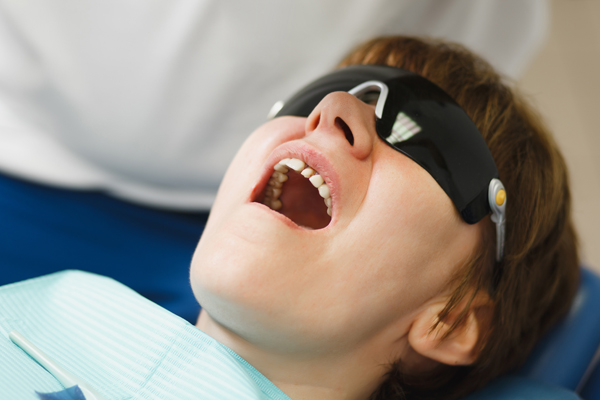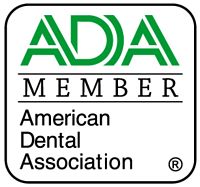Routine Dental Care When You Have Braces

Patients who have received braces for the first time may wonder how to implement routine dental care for teeth that are now covered by metal or ceramic brackets. Wires can get in the way of daily flossing, and it can be difficult to brush around the components of new braces. Use the following tips to create a new dental routine as well as to banish uncertainty when it comes to caring for your new braces.
3 steps to follow when caring for teeth with braces
A braces patient’s new routine dental care may look slightly different, but the basic principles of caring for teeth should remain the same. Brushing and flossing are a little more complicated, but most patients quickly adapt.
1. Follow a thorough brushing routine
Patients should brush twice a day: This part of the routine should not change upon receiving braces, either metal or ceramic. Even clear aligners can be removed for regular brushing, and this type of braces may make routine dental care easier on patients who do not want to deal with brackets and wires that can get in the way.
Though the routine can stay the same, the type of brush may need to change. Using an electric toothbrush can be a quicker and easier way to brush around braces, and the smaller heads of these toothbrushes can more easily reach the molars as well.
2. Invest in a water flosser
Many patients swear by various types of water flossers that work by using a sharp burst of water to clean all the nooks and crannies of the mouth. Thanks to the concentrated pressure of the water, this type of instrument can effectively clean in between wires and other types of dental appliances that are attached to braces.
Regular flossing can be performed with the same type of floss the patient previously used, but a special instrument may need to be used to “thread” the floss between the wires. This practice can be cumbersome to complete every day, which is why a water flosser can save time and potentially help the patient floss more thoroughly.
3. Visit the dentist regularly for cleanings
Routine dental care, including cleanings, can be managed with braces. Depending on the dentist’s preference as well as the patient’s, patients may be able to have the wires removed for a thorough cleaning. If a dentist suspects a cavity, braces do not necessarily prevent a dentist from filling it. Treatment of minor cavities a week before the patients get braces removed can likely be delayed until the removal, but a more serious cavity should be filled immediately.
Conclusion
While routine dental care for patients with braces may be a bit more complicated than before, it is important to keep teeth healthy as they undergo the straightening process. Caring for teeth with braces is not too different from brushing and flossing without braces. Patients should ensure that good dental health is maintained throughout the months or years in which orthodontics are worn to prevent future dental problems.
Request an appointment here: https://lovableteeth.com or call Cosmetic & Family Dentistry at (407) 270-1429 for an appointment in our Orlando office.
Check out what others are saying about our dental services on Yelp: Routine Dental Care in Orlando, FL.
Related Posts
Deep teeth cleaning, also known as scaling and root plaining is key to keeping your smile healthy and fighting gum disease. This procedure goes deeper than a regular cleaning by removing harmful bacteria and tartar under the gums, halting further damage and helping your gums heal. Prioritizing this procedure can help you avoid costly treatments…
General dentists recommend adding flossing to your oral hygiene routine once a day. This important practice removes plaque and food debris that brushing alone cannot reach. While string floss is an effective way to clean between your teeth, several alternative methods can make the cleaning process more comfortable and efficient.Flossing is an essential part of…
Regular general dentistry visits are necessary for a number of reasons, however, it ultimately comes down to oral health maintenance and preventive care, both of which can only be done in a professional dentistry setting. Keep reading to find out more about the importance of general dentistry visits.Outlined below are a few reasons why regular…
Tooth implants have become a popular replacement option for individuals with missing teeth. Also known as dental implants, this replacement option is one that requires a semi-invasive oral surgery. The term oral surgery often sparks fear in individuals due to the potential for pain; however, what is important to know is that tooth implants are…













